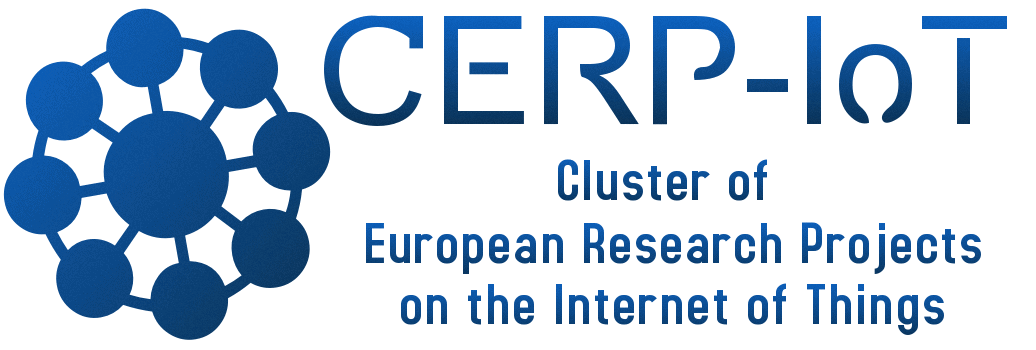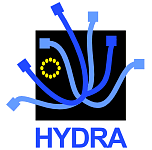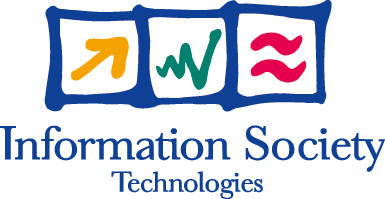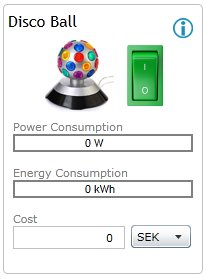Downloads: Enhancing Intelligence of a Product Line Enabled Pervasive Middleware
Downloads Home > Scientific papers > Enhancing Intelligence of a Product Line Enabled Pervasive Middleware
Enhancing Intelligence of a Product Line Enabled Pervasive Middleware 1.0 | ||||
| Weishan Zang, Klaus Marius Hansen and Thomas Kunz, University of Aarhus, University of Iceland, Carleton University To provide good support for user-centered application scenarios in pervasive computing environments, pervasive middleware must react to context changes and prepare services accordingly. At the same time, pervasive middleware should provide extended dependability via self-management capabilities, to conduct self-diagnosis of possible malfunctions using the current runtime context, and self-configuration and self-adaptation when there are service mismatches. In this article, we present an approach to combine the power of BDI practical reasoning and OWL/SWRL ontologies theoretical reasoning in order to improve the intelligence of pervasive middleware, supported by a set of Self-Management Pervasive Service (SeMaPS) ontologies featuring dynamic context, complex context, and self-management rules modeling. In this approach, belief sets are enriched with the results of OWL/SWRL theoretical reasoning to derive beliefs that cannot be obtained directly or explicitly. This is demonstrated with agents negotiating sports appointments. To cope with self-management, the corresponding monitoring, configuration, adaptation and diagnosis rules are developed based on OWL and SWRL utilizing SeMaPS ontologies. Evaluations show this combined reasoning approach can perform well, and that Semantic Web-based self-management is promising for pervasive computing environments. |
| |||
Download: 
(2988 KB) |
||||
 |
Downloads: 100 Downloaded: 295275 Most Downloaded: D10.8 Business models in agriculture [ 12422 ] Most Recent: Hydra - LinkSmart brochure [ 3966 ] |





 The Hydra project is co-funded by the
The Hydra project is co-funded by the 





